Your complete guide to gas safety certificates
Millions of households across the UK use gas to power their homes.
Home Emergency Insurance for £130
- ✓ Covered up to £1,000 per emergency
- ✓ £250 for overnight accomodation
- ✓ Call out, labour & parts included
And it might come as no surprise that the infrastructure that distributes gas to all these properties is very intricate and complex, needing plenty of oversight and checks.
Across the UK, gas appliances in both houses and commercial buildings are regulated by the government, set out in Gas Safety (Installation and Use) Regulations 1998.
These measures are in place as a safety precaution, checking that gas appliances don’t risk causing any danger.
Through a number of different regulations, landlords are responsible for the safety of gas appliances in their properties in the form of regular checks and tests.
Keep reading to find out everything you need to know about gas safety certificates.
What is a gas safety certificate?
The certificate will vary in content, depending on the exact work needed at your property. Ultimately, the certificate provides landlords with a detailed breakdown of the work that has been carried out.
Gas safety certificates and checks can only be carried out by engineers who are on the Gas Safe Register. It’s a legally enforced requirement – going against the regulations can result in hefty penalties, fines, and even legal proceedings.
This is a safety precaution first and foremost – gas safety is extremely important, so the government has imposed strict guidelines on the level of expertise engineers need to be able to assess or fix gas appliances and issue a gas safety certificate.
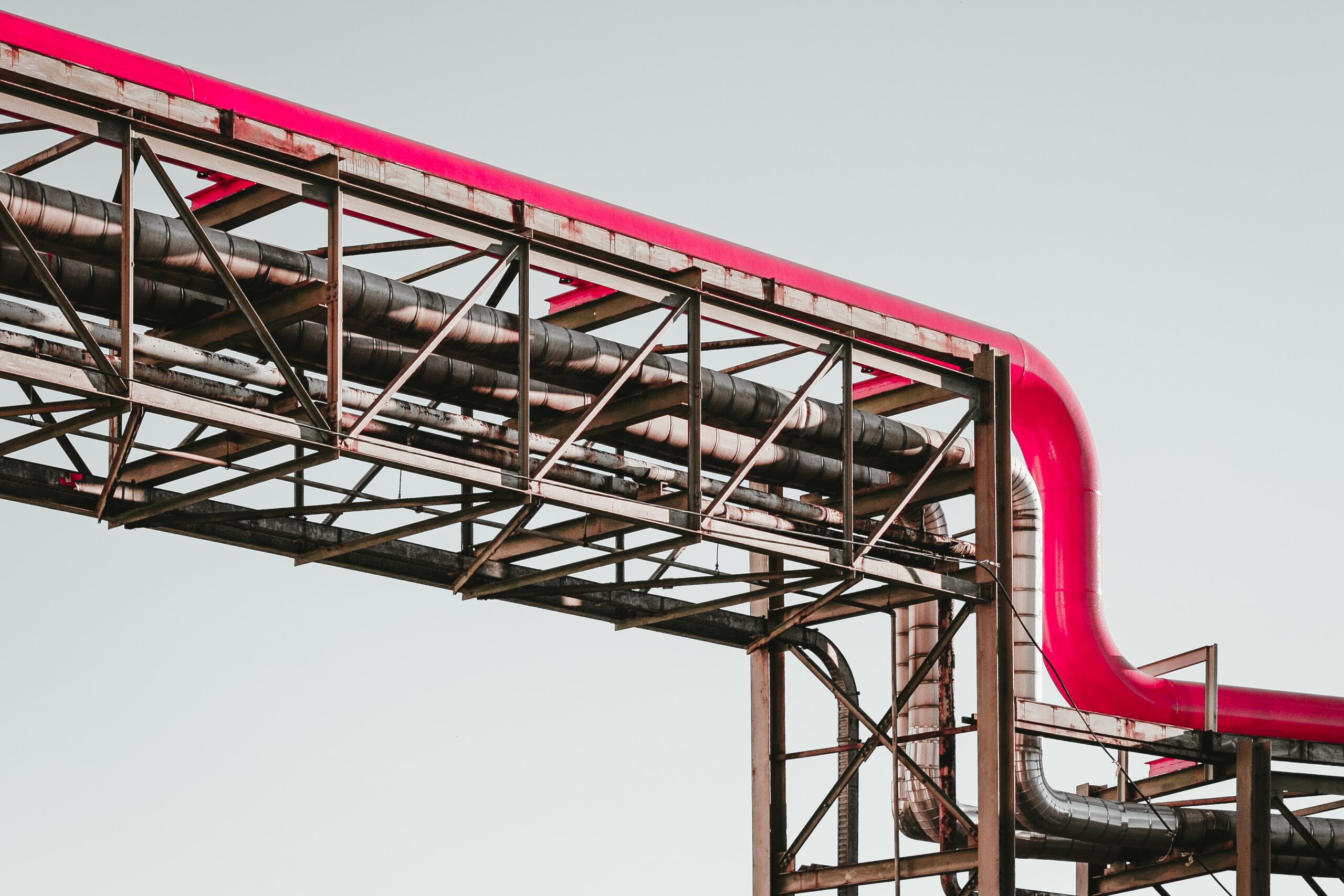
Once the engineer has carried out checks on your property, they can give you a gas safety certificate immediately.
Handing over the certificate is not a legal requirement, unless the landlord themselves oversaw the gas safety checks and wants to give the certificate to someone who is living at the property at the time. In that case, the engineer is legally required to hand over a gas safety certificate or record for the work that has been done, outlining the condition of the appliances.
Who needs a gas safety certificate?
In short, a gas safety certificate is needed by landlords, housing associations, local authorities, hotels, and hospitality venues, as well as education establishments.
Ultimately, a gas safety check is applicable to anyone whose property has some form of gas infrastructure or installation.
The checks are needed to prevent any hazards to people or damage to the property. All landlords are required to have a gas safety check at their property – if everything’s in order, you’ll be issued with a gas safety certificate.
What does a gas safety check involve?
The engineer usually checks that :
- the system is working as it’s meant to
- that there are no faults in the appliances that could cause significant damage
- that the ventilation passages of the appliance are in full working order, with no blockages.
- that there are no leaks or issues within the system
- that all the safety devices within the appliance are working efficiently
- that in the event of malfunction , the appliance’s safety features will shut down the device and prevent any accidents
- that the appliance is burning at the correct operating pressure, or, in other words, that the supply of gas is the right one
Finally, the engineer will always check that harmful gases such as carbon monoxide (a biproduct of burning gas) are transferred cleanly outside of the property without risking a dangerous build-up.
How much does a gas safety certificate cost ?
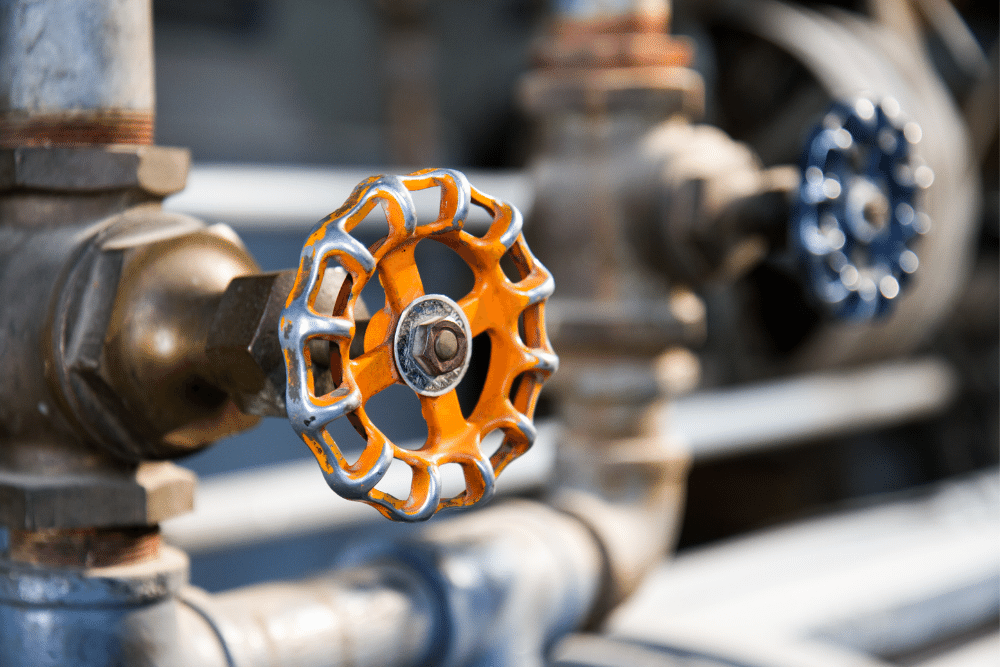
At Mashroom, we offer a great solution to the time and hassle of the quote process. You can now book a gas safety check through our platform at a fixed rate of £79. Our checks are easy to book, carried out by a qualified engineer, and you’ll receive a document proving your test has been done and your property is gas safe.
With our platform getting certified is easy :
Buy the Gas Safety certificate service as a standalone product or for a property you’ve listed with us than:
- Give us the address and select your preferred date and time for the check to be carried out – we’ll give you a call to confirm the appointment.
- Wait for one of our qualified engineers to conduct a thorough check to ensure your property meets industry standards.
- And finally receive an official certificate that states the gas appliances and installations in your property are gas safe and in good working order.
The certificate will last for 12 months unless otherwise indicated by the engineer. Once those 12 months are up, you’ll need to book another test.
Who carries out a gas safety inspection?
To be on the Gas Safe register, an engineer will have gone through lengthy checks, requiring them to complete a number of qualifications and courses.
Even once they’re on the register, the engineer will be placed on a three-month probation, making sure that they keep in line with industry standards and the general rules of the register.
Ultimately, the Gas Safe register is there to protect the general public from unsafe gas work and maintenance.
How to find someone to do a gas safety check?
Alternatively, you could also contact local gas safety providers directly – but do double check that they’re Gas Safe registered before giving them access to your appliances.
You can make sure that the engineer servicing your property is Gas Safe registered by going to the Gas Safe register website’s ‘check an engineer’ window and run their engineer card number. By entering their card number, you’ll see a picture of your engineer alongside their qualifications and experience.
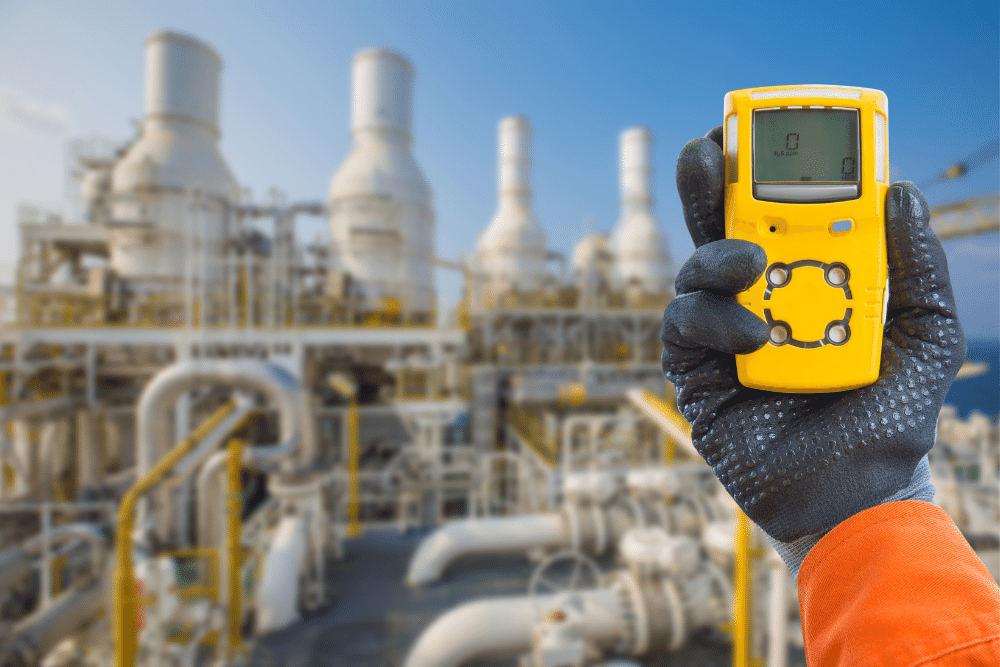
What is the gas safety register?
The register prevents people from hiring an unqualified or potentially incompetent engineer, who could compromise the safety of gas installations and create a serious health and safety risk.
The gas safety register regulates which engineers can and cannot carry out checks and issue certificates for a property.
The only engineers that are legally allowed to carry out work that involves gas appliances or installations are Gas Safe registered engineers.
This law exists to reduce incompetence and provide an affordable, industry-standardised service that’s available to everyone, either through the Gas Safe register website or by phone.
Do I need a gas safety certificate when selling my house?
Currently, there are no legal requirements for a landlord to provide a gas safety certificate at the point of sale of a property.
That being said, a valid gas safety certificate can put prospective buyers’ minds at ease over the functionality and operation of gas appliances. This in turn can significantly boost the likelihood of a sale.
When preparing to put a house on the market, you should make sure that the property is safe for the new owner. This includes making sure that gas safety checks are carried out across the property and that, at the time of sale, the property is completely safe for the new person to move into.
Prospective buyers might ask for the gas safety records – sometimes, a sale won’t go through until the current owner can provide a valid gas safety certificate. This is often requested to spot any potential issues with the property. If the gas appliances need fixing, a buyer can save themselves unwanted costs by asking the seller to resolve the issues.
| Why have a gas safety certificate? | ||
| Eases the process of sale | ✓ | |
| Property is safe for the new owner | ✓ | |
| Saves time | ✓ |
Therefore, a gas safety certificate is definitely something worth investing in, especially if the sale of the property rests on it.
How long does a gas safety check take?
Another factor which will affect the timing of the gas safety check is the age and quality of your appliances.
Plus, if your property’s gas installations do require some changes, it’s practical to get the same engineer to carry out the work, taking more time overall.
All in all, the test and any maintenance shouldn’t take any longer than a few hours to complete.
How often do I need to have a gas safety check?
It can be helpful to organise your annual gas safety check ahead of time to avoid penalties or charges for late checks. Plus, if you’re organised, you’ll always be able to work with your engineer of choice, avoiding any scheduling conflicts.
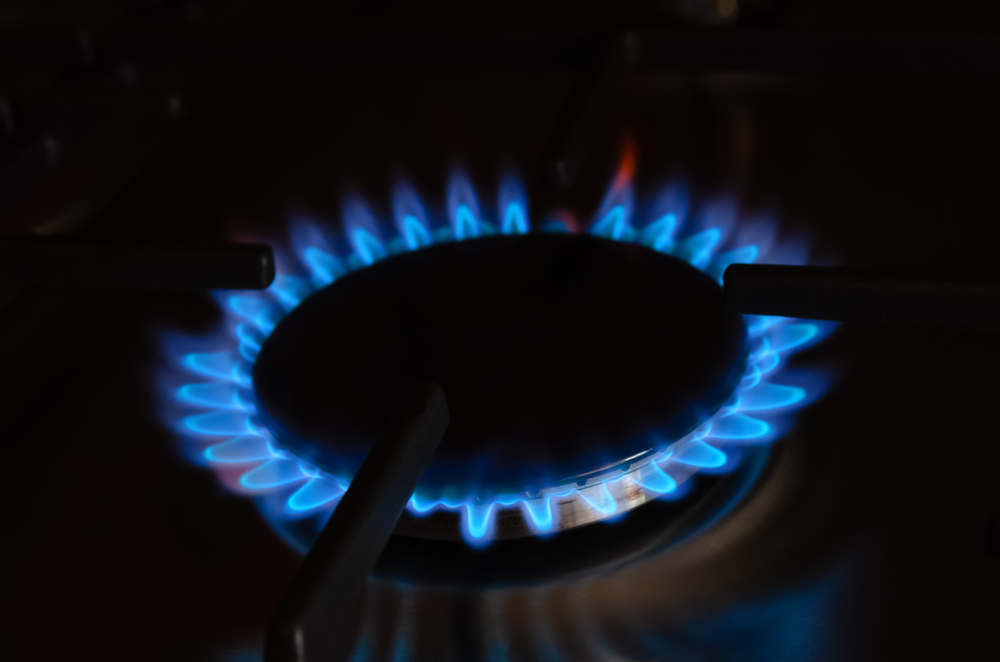
What happens if my gas safety certificate has expired?
As a landlord, you’re unable to rent out your property if the gas safety certificate has expired. Plus, if you don’t have a valid gas safety certificate, you could face a hefty fine (up to £6,000), court action from tenants or the council, and even a criminal charge.
The biggest charge you could face with an expired gas safety certificate would be if some sort of hazard or problem occurs with the gas appliances of your property, leading to the injury or death of your tenants.
In this case, by simply forgetting to renew the gas safety certificate for your property, you could actually face manslaughter charges.
If your gas safety certificate has expired, it should be your absolute priority to get in contact with a gas safe engineer, safeguarding your property for everyone who crosses its path.
Can landlords be sued if they don’t have a gas safety certificate?
Where can I get a gas safety certificate?
After the test is carried out, you as the landlord will receive a document proving that the test has been done and your property is gas safe.
What happens if a landlord hasn’t done a gas safety check?
Usually, your landlord should give you reasonable notice about the date of the gas safety check, arranging it at a convenient time.
However, if your landlord hasn’t done a gas safety check, you should get in touch with them and try to arrange one as soon as is possible. It’s crucial to insist that the safety checks are done in order to make your home safe to live in.
If, despite all this, your landlord is still reluctant to carry out a gas safety, check you can complain to the Health and Safety Executive (HSE). The HSE can prosecute landlords who don’t meet their gas safety responsibilities.
The HSE receives a high volume of complaints, so you should only seek their help in the most serious circumstances.
Alternatively, you can take your complaint to your local council’s environmental health department. The council will often take procedural action against your landlord, but can also take legal action to make sure the home you live in is safe.
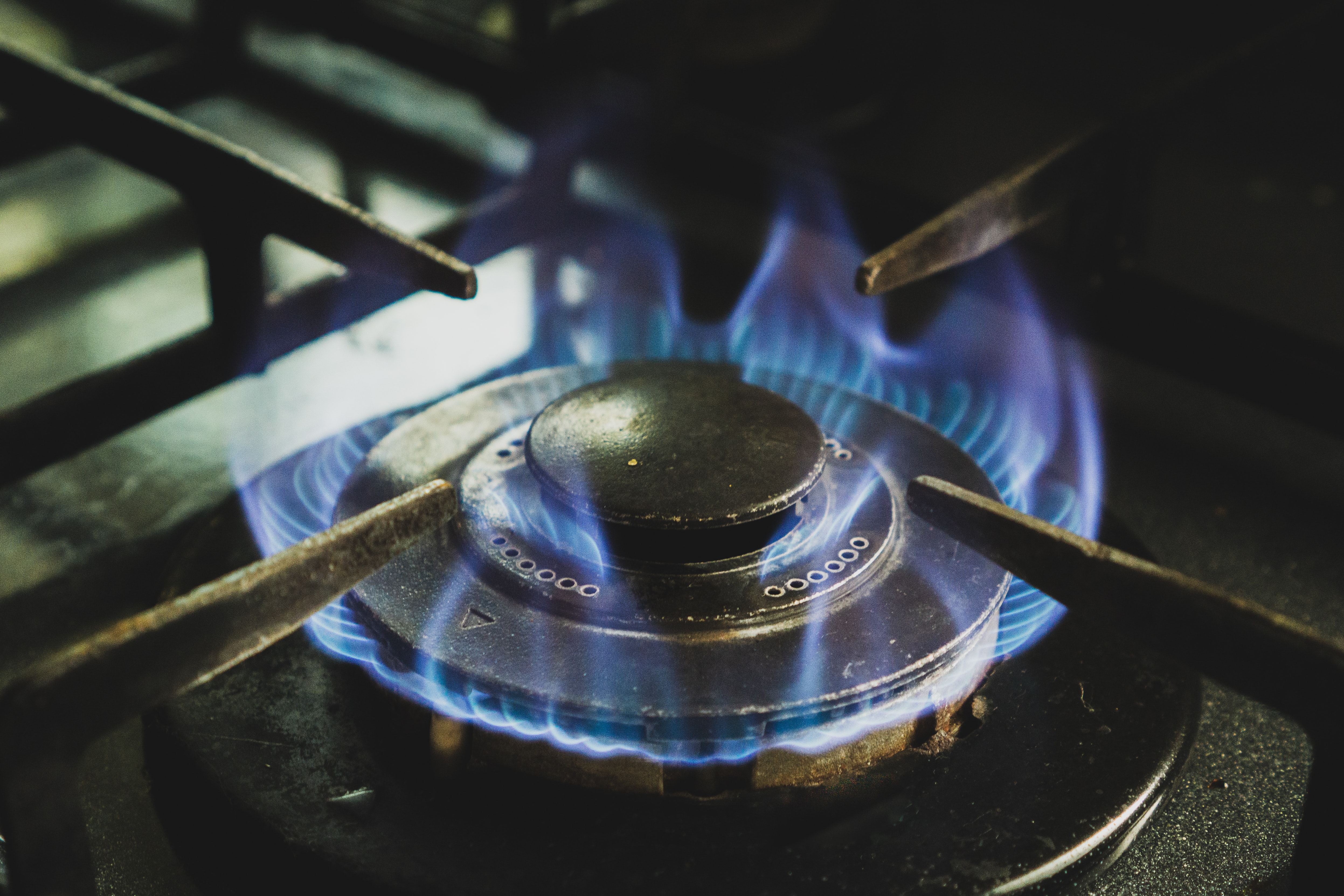
The Key Takeaways
The gas safety certificate is an important document for any landlord to have. It helps you meet legal requirements for the maintenance of gas appliances and infrastructure of your property.
Plus, a gas safety check can be invaluable for a number of situations, including the sale of a property and the general safety of your property and its inhabitants –accidents and hazards resulting from poor gas safety are all too common in the UK.
Although gas safety checks can seem confusing at first, it’s actually very straightforward to arrange one through our user-friendly platform.
Find out more about getting a gas safety certificate with Mashroom here.